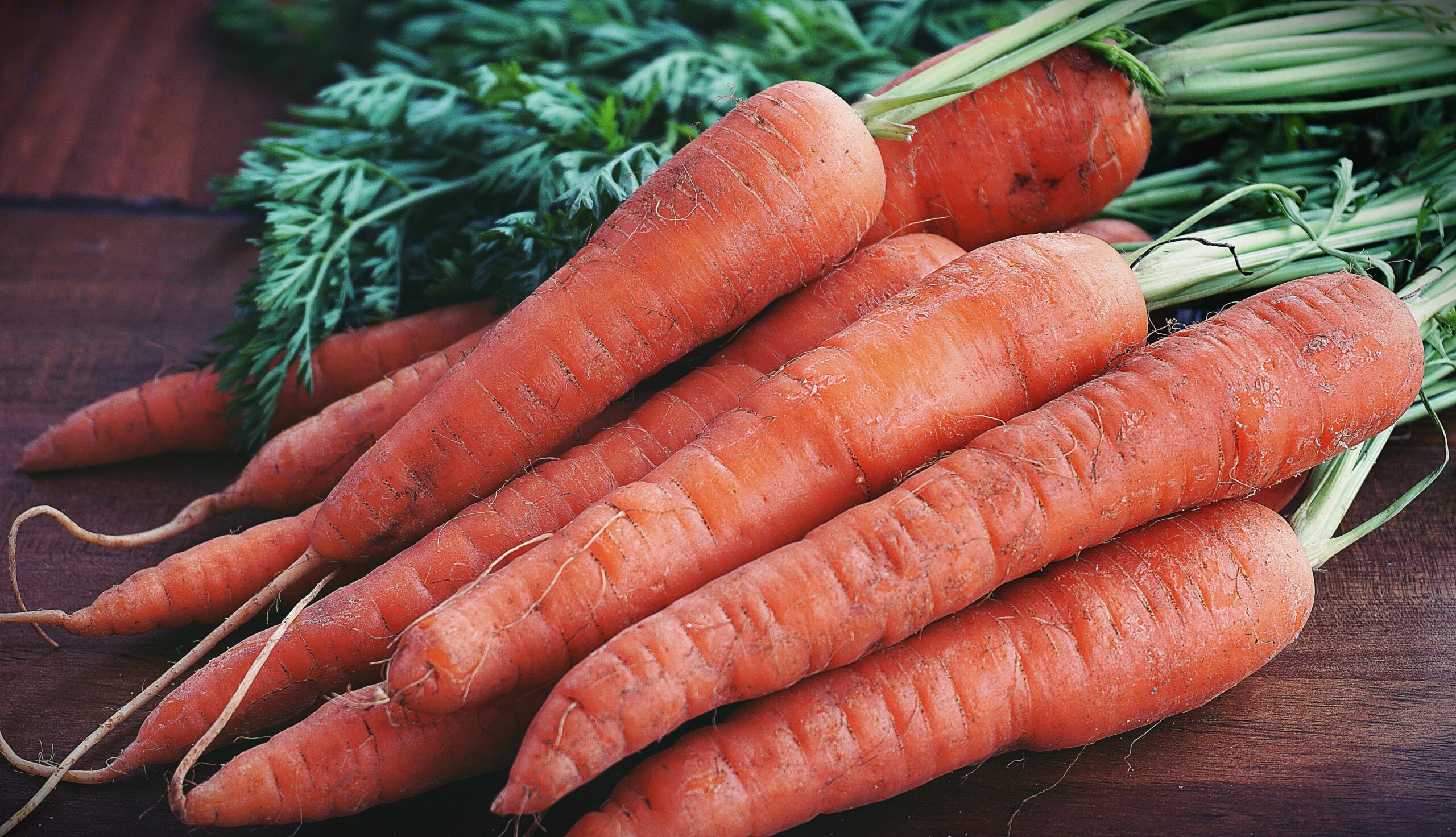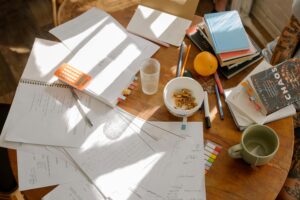This interview refers to the SlowFood Iceland project which can be found in our Good Practices section.
GOOD PRACTICE OVERVIEW, CHALLENGES AND OPPORTUNITIES
What were the original goals and objectives of this practice/activity?
The goal of Slow food is to support food production that is good, clean and fair. That entails food is produced in balance with nature an traditions.
What was found to be particularly useful in achieving this practice objectives (methods, approaches)?
Education is the most important part of the goal.
What did students like the most about this practice?
The work that goes on in Slow food youth network has been very creative for younger generations and there lies the opportunity to educate them. With that we are trying to reach young future food producers and consumers.
What were the key problems areas of this practice?
The biggest weakness of Slow food Reykjavík is the size of participants.
How can these elements be improved in the future?
With consistent education on why it is important to have good clean and fair food.
Is this practice replicable by other teachers in different countries? What factors should be considered while replicating this practice?
Yes for sure, Slow food is an international organization and every country focuses more on what part of slow food is in need for that country the most.
The main goals of slow food are always thou as a guiding light.
What was the most inspiring aspect for you while implementing this practice?
There are many different ways to get to the goals of Slow Food, To participate and educate Slow Food to others works towards better production and consumersism in food.







